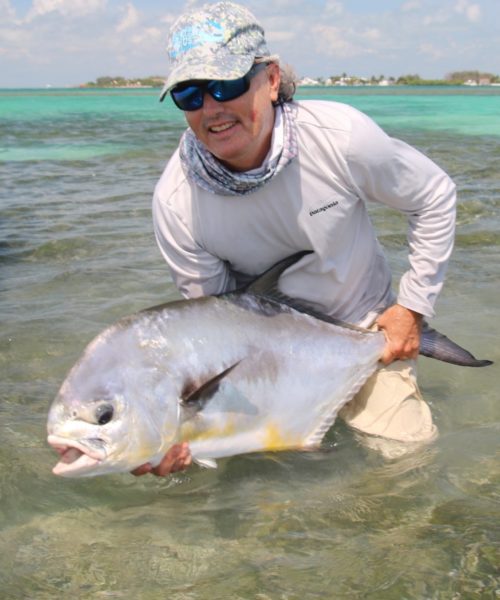Photo: Dr. Aaron Adams
The following remarks were delivered by Dr. Aaron Adams at the February 19 FWC Commission meeting. Dr. Adams spoke on the agenda item: Florida Keys Marine Sanctuary’s Restoration Blueprint.
Good morning Commissioners, it’s good to speak to you once again. And to see the FWC staff with whom we have a great working relationship.
For the record, I am Aaron Adams, Director of Science and Conservation for Bonefish & Tarpon Trust.
I am hear today to speak to on the importance of habitat integrity as it pertains to the the Florida Keys National Marine Sanctuary Restoration Blueprint.
As we all know, the management of the Sanctuary is a collaboration among numerous entities, but most importantly a partnership between NOAA and FWC. NOAA’s Sanctuary mission is to balance human use and conservation needs to ensure a healthy ecosystem. FWC’s primary focus is fisheries management.
Among points of contention are portions of the Sanctuary’s Restoration Blueprint that address fisheries issues. This includes Western Dry Rocks, as you have already heard comments about today, and other proposals within the Blueprint.
What is largely being missed in ongoing discussions is the underlying common thread that threatens the permit fishery, many other fisheries, and the ecosystem as a whole – the loss of habitat integrity. Indeed, in venues where the Sanctuary Blueprint was discussed, Chairman Spottswood has stated his concern about the impact of declining habitat and water quality on the Florida Keys ecosystem and fisheries, and the need to address these important issues.
An important point here is that although the Sanctuary is concerned about protecting and restoring habitat integrity, many of the issues impacting habitat in the Keys, such as water quality, are under control of the state. Many habitat integrity issues can be addressed with a spatial management approach.
In previous conversations with commissioners, and ongoing conversations with FWC staff, we appear to have a strong consensus on the need to include habitat in FWC’s approach to fisheries management. For so many species, FWC is doing the maximum possible using a traditional fisheries management approach. This approach is proving to be less and less effective because it doesn’t incorporate habitat. The proposed regulations for Western Dry Rocks should be viewed as a component of an improved version of fisheries management with habitat as a core component.
We therefore encourage the Commission to support the many aspects of the Restoration Blueprint that focus on protecting and restoring habitat integrity as a means to ensure a healthy ecosystem and healthy fisheries. This includes providing protections to spawning sites that are essential to economically important species like permit.




